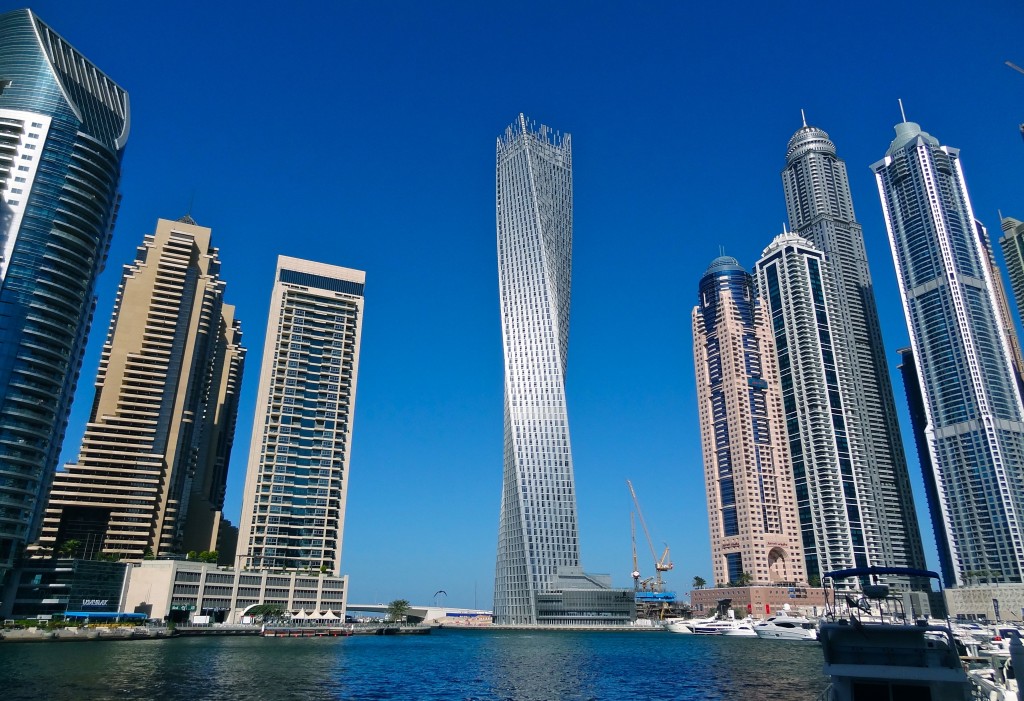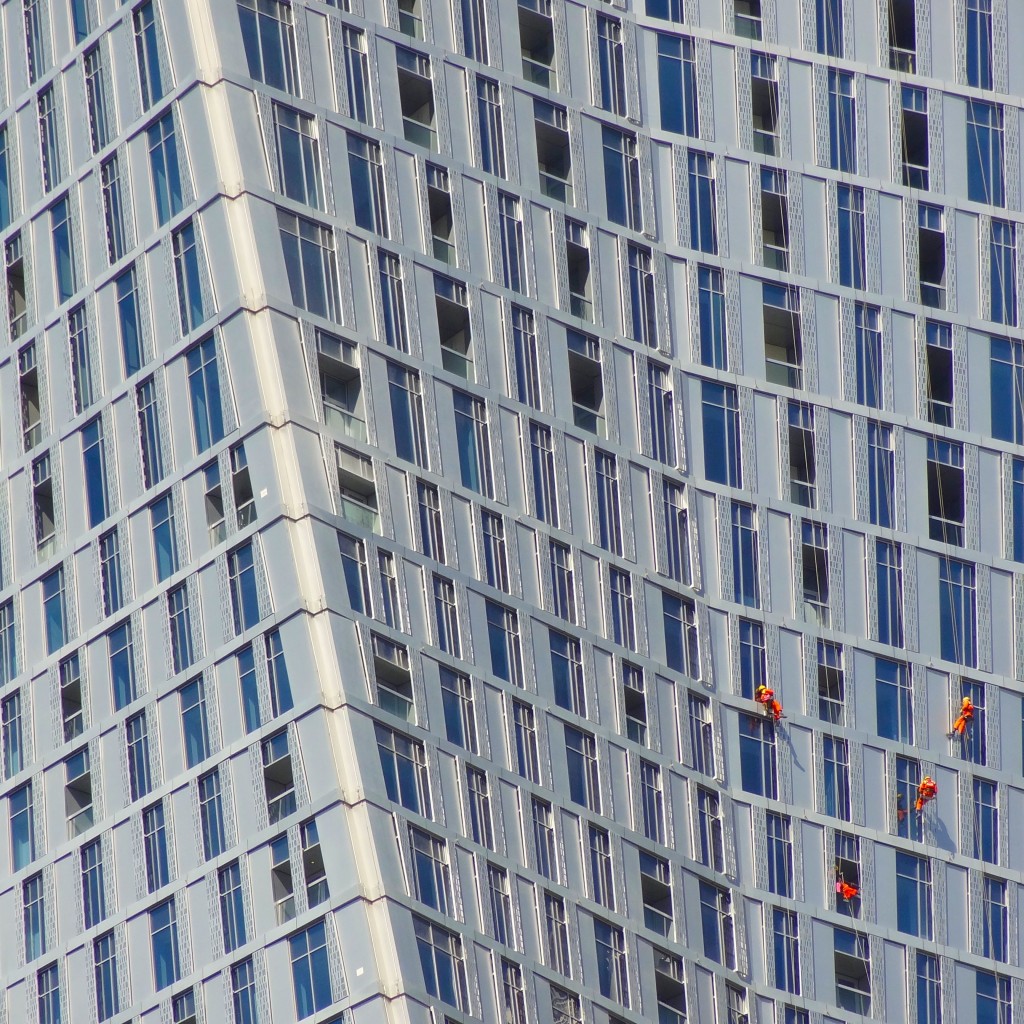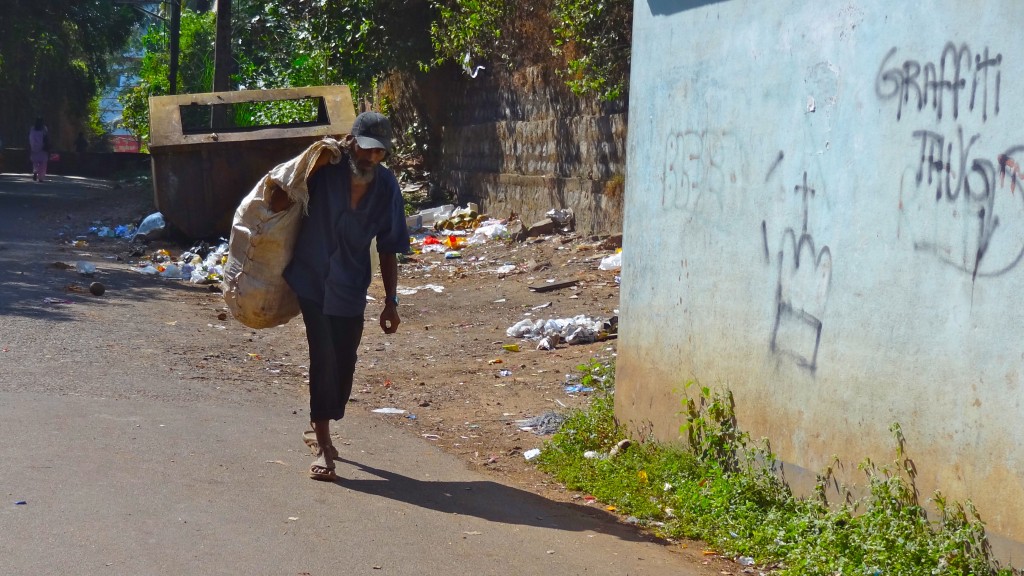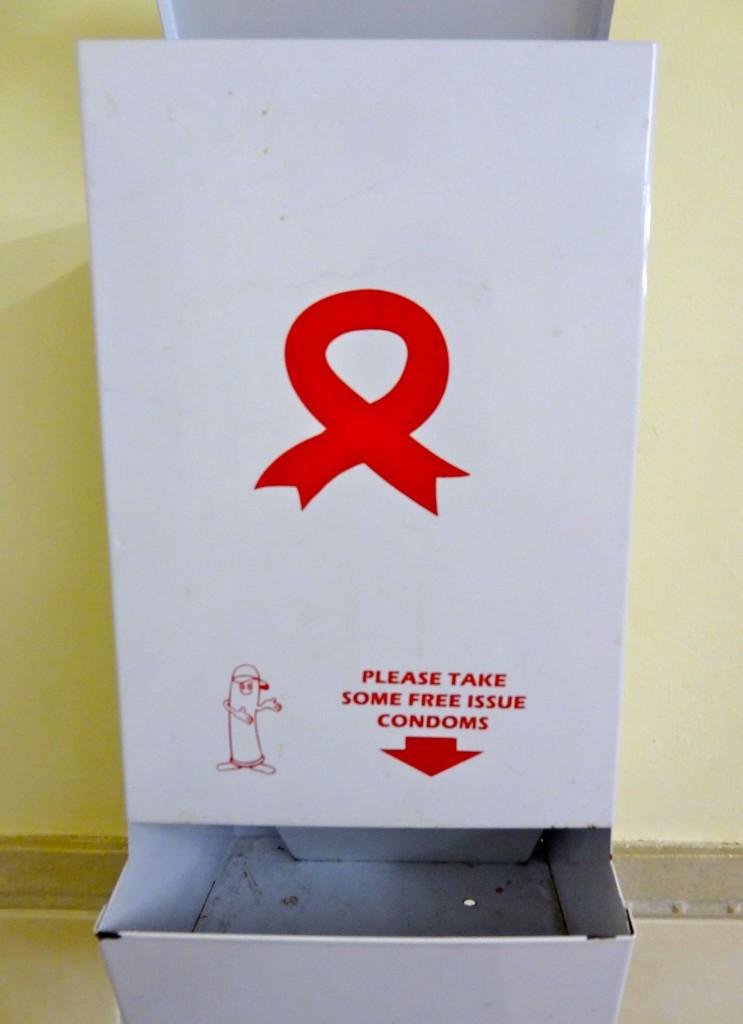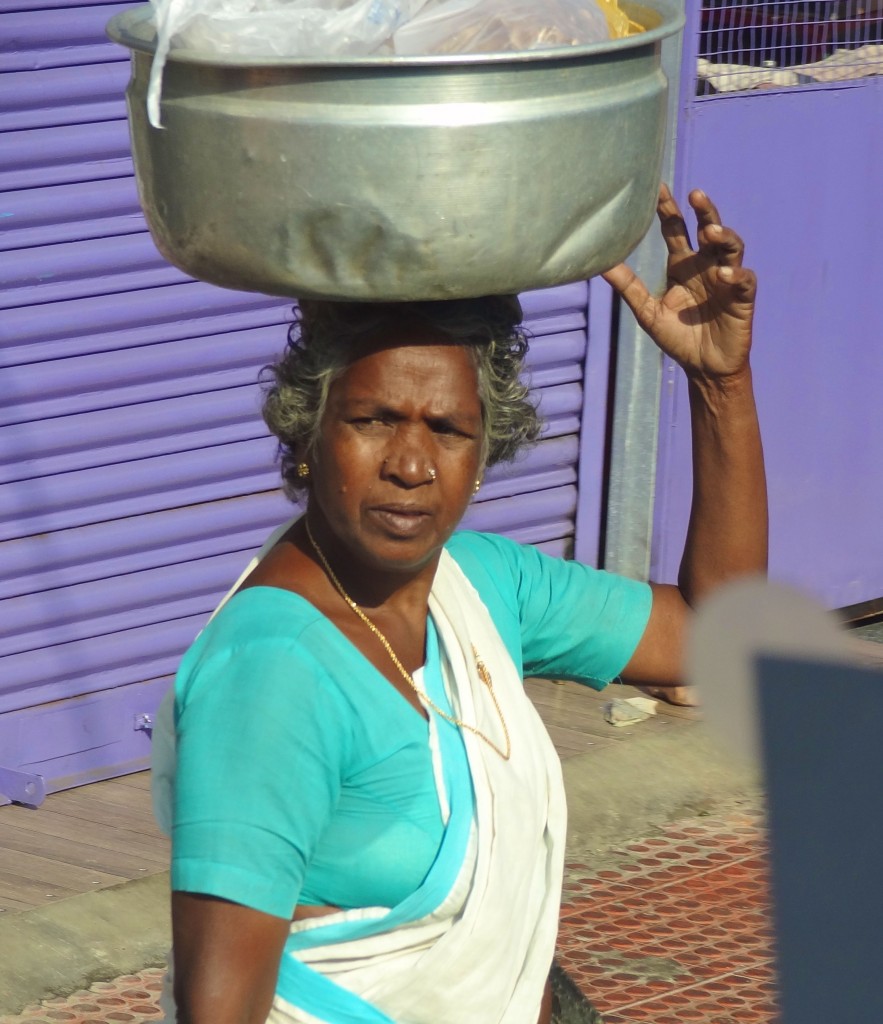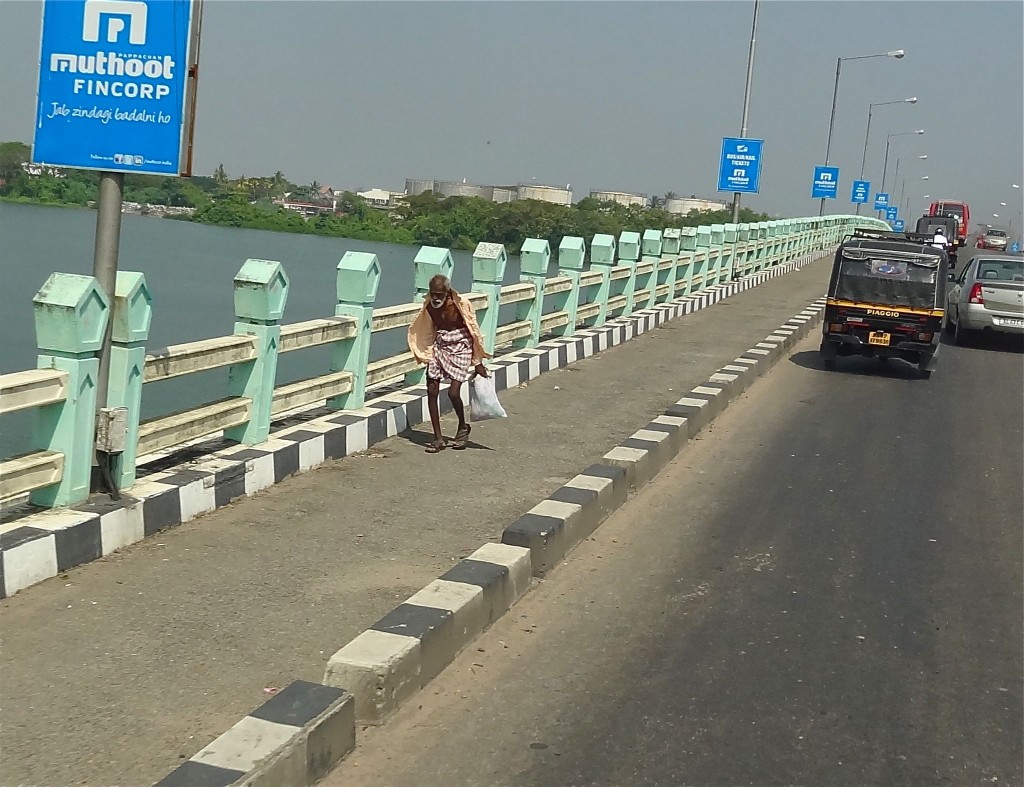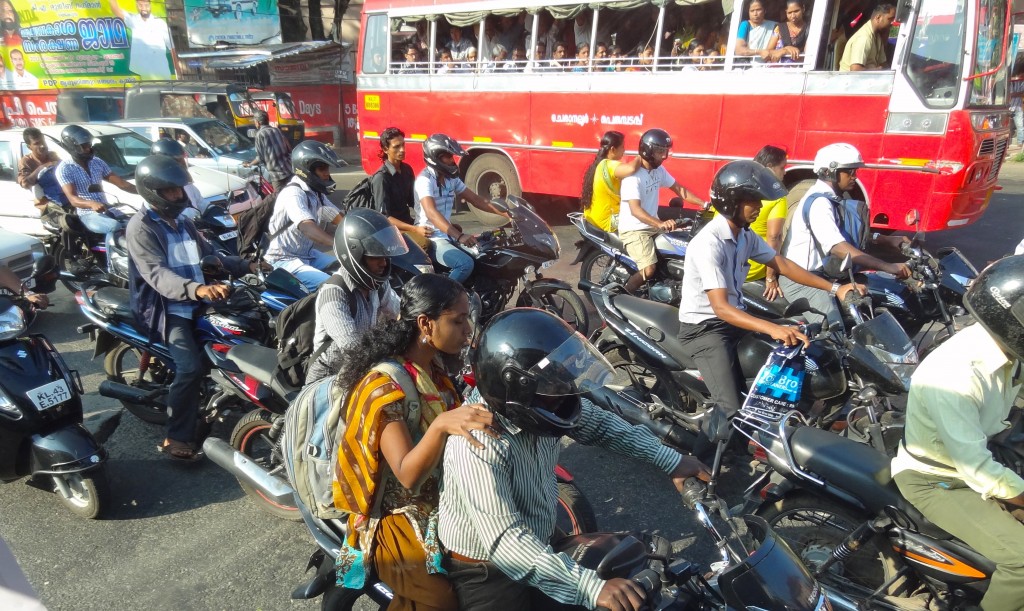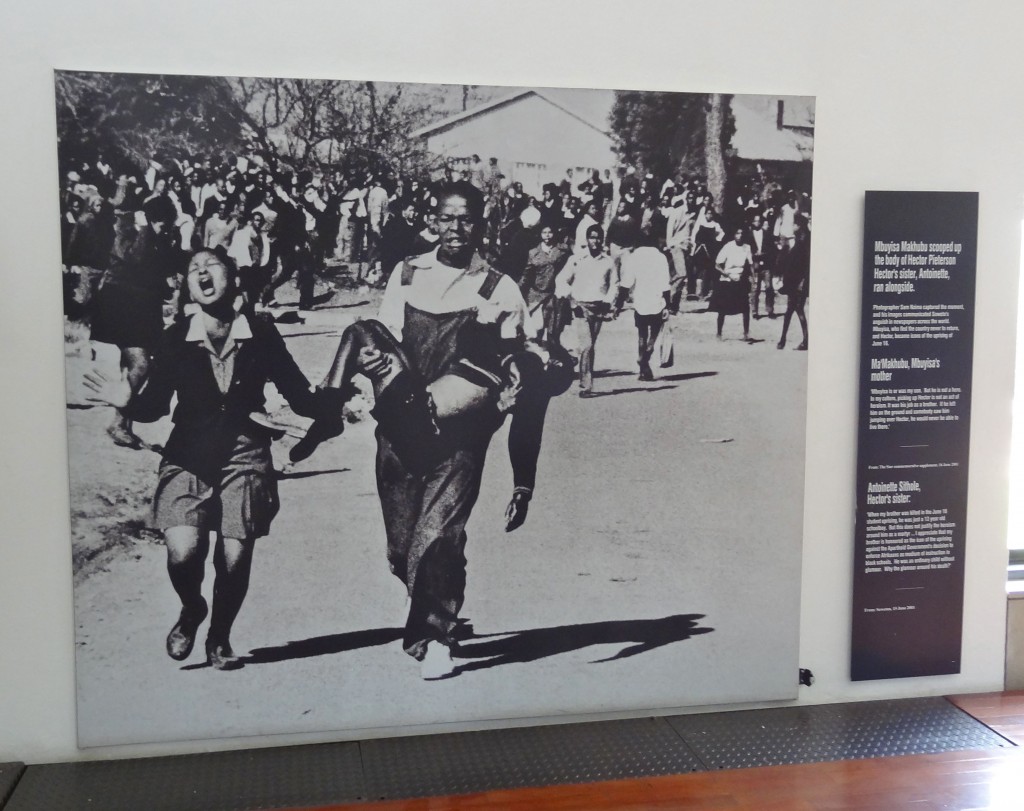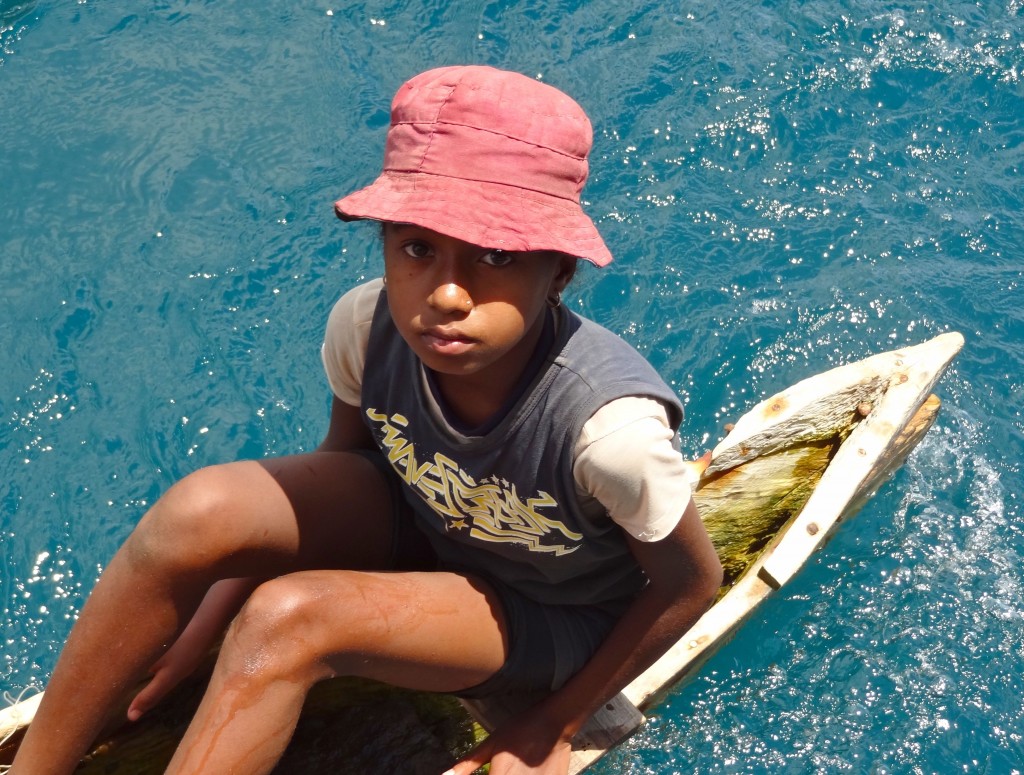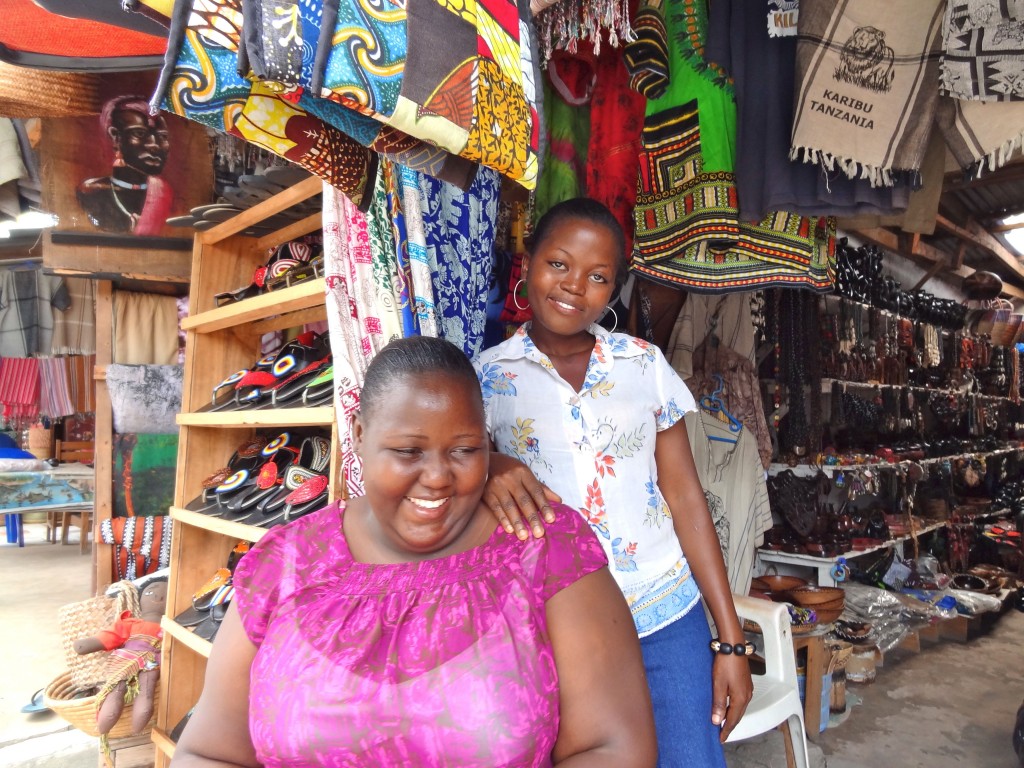I am sitting on a full flight, flying home from Johannesburg, South Africa to Atlanta, Georgia on the world’s longest non-stop flight at 17 hours, give or take. We have to go through Customs in Atlanta and then another flight to Los Angeles and my adventure will be over. I just finished watching “Rush,” the movie about the Formula One racing rivalry between James Hunt and Niki Lauda. It was powerful, but the baby won: the baby that has been crying for much of this flight.
We went from Dubai in the UAE to Johannesburg in South Africa. We went from the richest of the rich in Dubai and Abu Dhabi to the poorest of the poor in Mumbai and Gao, India. We went from Lamborghini’s and Ferrari’s to dung heaps, surrounded by took-tooks (the three-wheeled ubiquitous taxis all over much of India and Africa) and carts laden with rotting fruits, vegetables, or buckets of water – open to the air – being pulled by very tired and thin men. They looked 60 or older, but were likely much younger.
We went from drinking and dining on the roof of the Raffles Hotel in Dubai, overlooking the world’s tallest building – the Burj al Arab – to drinking and snacking with the setting sun on the Phinda Game Reserve, two hours drive from Richards Bay, South Africa. Along the drive to Phinda, we passed homes without electricity or running water and outhouses shared by several families.
We left home from a country where the life span is soon expected to reach 100 to countries where the life span has declined from 48 to 44. We went from a country that is wrestling with health-care reform but still has among the best health-care and living standards in the world to countries that are still losing tens of thousands of their people to AIDS. All over Africa, we saw dispensers in bathrooms offering free condoms. All over bathrooms at home, we see dispensers selling flavored ones.
The reason I chose to write this column while in transit home is simple. I am truly in the moment and overwhelmed. I was fascinated by everything I experienced, from the horror of the poverty to the wizardry of the future planned for Abu Dhabi.
Yesterday, we visited Soweto in Johannesburg and saw where much of the Apartheid resistance began and eventually succeeded. We saw the site where – JUST 37 years ago, 600 students were horrifically slaughtered protesting at a school. And, we visited the museum that honors Hector Peterson, who was the first victim on that horrid day.
One window in that museum revealed the perspective of the Afrikaans’ police as they viewed the gathering students and made their assault plans. You could still see the abject poverty throughout Soweto from there, but my imagination was more stirred by the black and white photos, that mirrored that window, of young white police, decked out in riot gear and carrying rifles and tear-gas grenade- launchers. The photos reminded me of KKK assemblies from the Civil Rights Era in the United States.
In 1996, South Africa ended Apartheid and adopted a brand-new Constitution. The progress in the short time since is remarkable but the overall sense of despair and corruption still pervades the atmosphere.
Yet, as I write this column, I am sitting next to a 19-year-old Naledi, a black woman on her way to the United States on a student exchange program. She glows with excitement and expressed no personal memories of those horrible times. She has optimism for the future of South Africa and, ironically, is studying political science.
When I expressed some of the things I’d learned about the risks and fears that still encompass South Africa and all of Africa as the future beckons, she agreed with all of those pessimistic possibilities. Yet, she is optimistic that “The Miracle” that brought forth the end of Apartheid and the renewal of South Africa will continue.
Our guide to Soweto yesterday told me – matter-of-factly – about when he was a seven-year-old boy and one of eight children, how the white police beat his father to death. His father committed the crime of having an anti-apartheid pamphlet in his possession. The police came, herded the children and his mother into their matchbook house (as they are called), and proceeded to murder this father of eight.
Our guide is the father of a 3-year-old boy. He has been with his son’s mother for many years. He said he can’t marry her until he has enough money. Continuing centuries-old tradition, he has already paid her family money upon the birth of his son because they weren’t married. But he needs more money to marry her in lieu of the dowry-cows that the Zulu and other tribes customarily required upon marriage. In the meantime they both live near one another, in Soweto, with their respective families.
Kago, the taxi driver who took us to the airport and so articulately discussed the future of her country, and all the people I met throughout the trip moderated the otherwise bleak feeling it was impossible to escape and feel deep inside. Teaching the kids visiting the Taj Mahal to “Gimme Five” and the joy on their faces as I went down the line of them doing just that was what I’ll take away from this trip.
The human spirit is truly indomitable. My trip was about the people. They lifted me up at the same time as their circumstances saddened me. Yes, I saw incredible wild animals and even met Hugh Jackman at one of our safari stops, but it was Thogo, Abiat, Vijay, Naledi, Kago, and all the children that made the journey for me.

